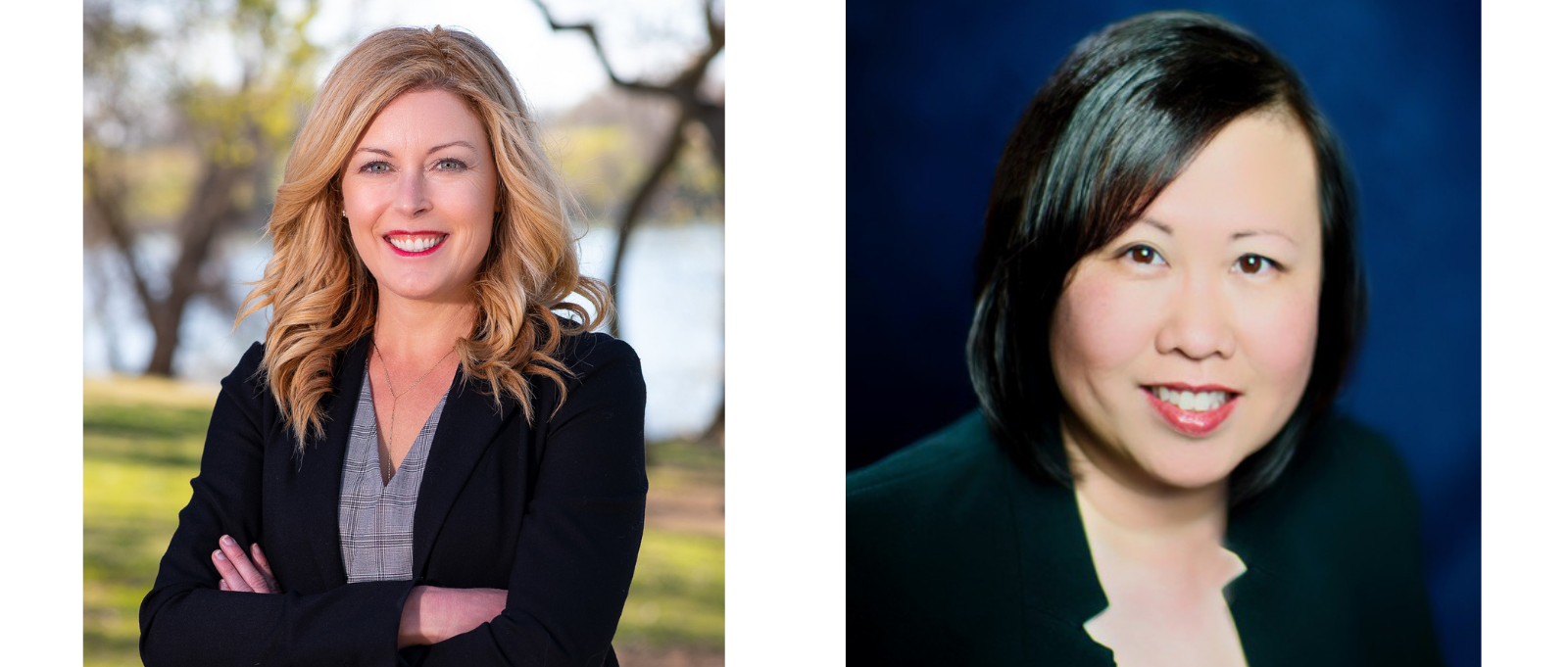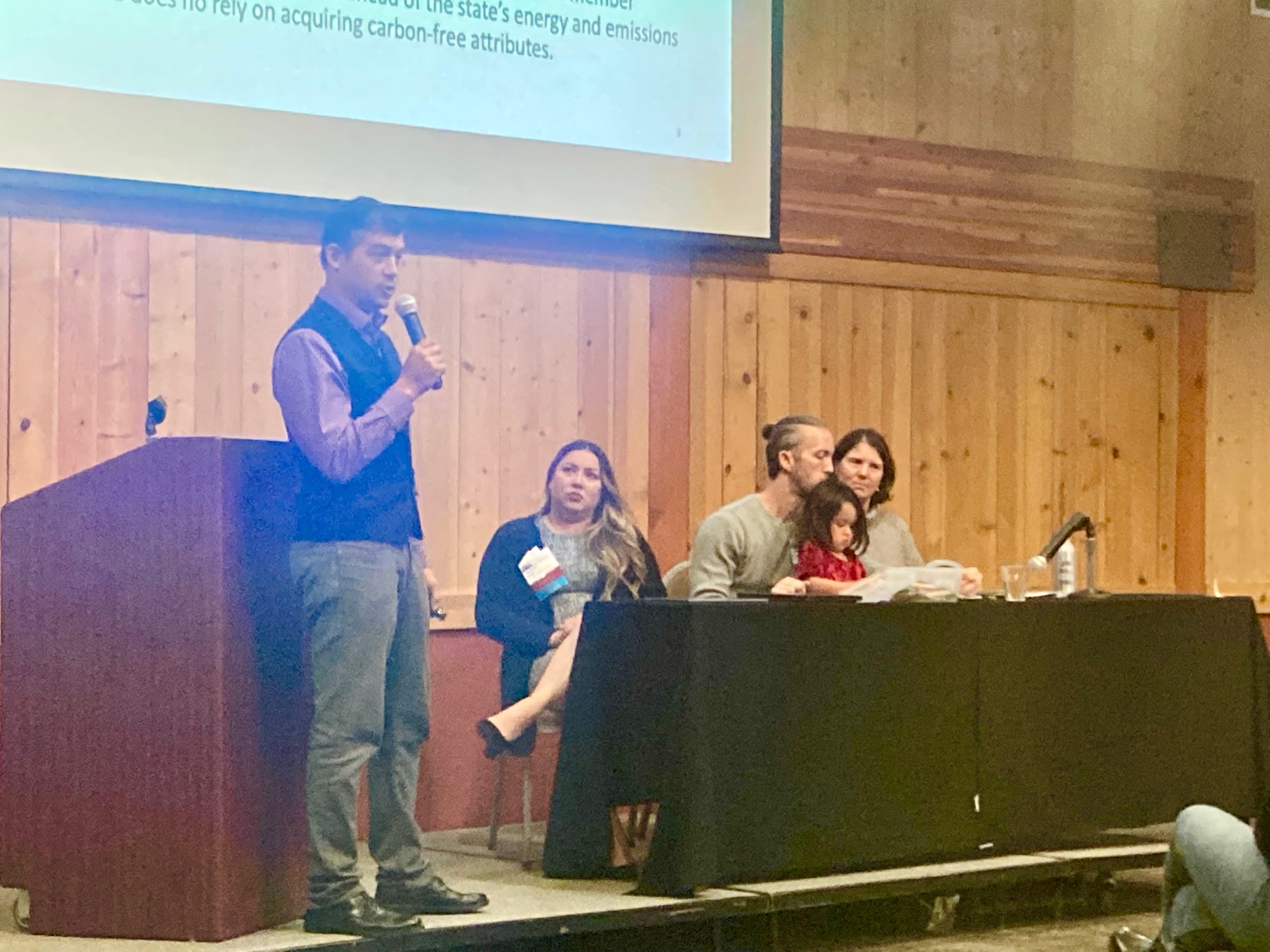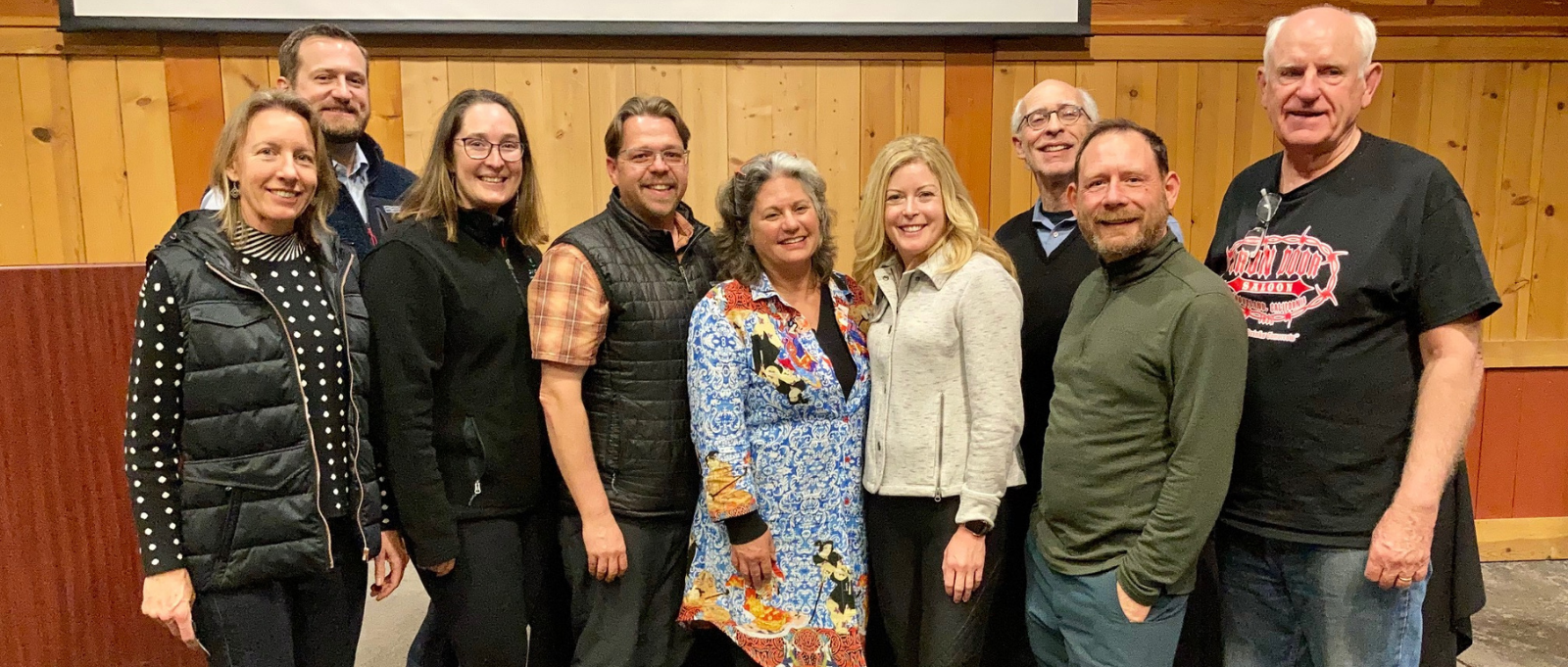March 31, 2022
Topics
We recently announced that Kate Wright, who had been with CivicWell since 2006 and served as CEO since 2013, had been selected as the new Executive Director of Climate Mayors—a growing network of nearly 500 U.S. mayors who have committed to accelerating equitable climate action in cities.
Kate shared a farewell message as she embarked on this new phase of her career:
It has been an honor to lead the amazing team at CivicWell. I am so proud of the work we’ve done together: starting CivicSpark and expanding outside of California; creating the California Adaptation Forum; hiring our first policy director; launching a successful rebrand; and expanding from 20 staff to 40+ staff and 100 AmeriCorps Fellows. We have never been a stronger organization.
Change is never easy and while it is bittersweet for me to think about closing the LGC chapter, I’m excited to open up the opportunity to bring in new perspectives and leadership as we enter into the next season as CivicWell. I have no doubt that with the leadership of the Board, the Executive team, our talented staff, and our future leader, the best is yet to come.
CivicWell will be conducting a national search for a new CEO. In the meantime the organization is left in very capable hands. Kathy has vast experience leading organizations, including 10 years in Executive Director positions and 20 years in nonprofit management.
It has been a pleasure to lead such an impactful organization. I am so grateful that this position has given me the opportunity to connect with you all, you have made my time at CivicWell so meaningful.
Thank you for the inspiration, support, partnership, and amazing memories over the years! I look forward to staying in touch and cheering CivicWell on into this next chapter.
Kate has now transitioned to her new role, and we are excited to introduce Kathy Chow as our Interim CEO.

Kathy is a nonprofit leader with more than 20 years of experience in nonprofit management and has served as the Executive Director for two national membership associations. She has worked in the public and private sector and is known as being a collaborator and servant leader. She has served as CivicWell’s Director of Development and Communications since 2021, bringing her expertise in corporate sponsorships, fund development, marketing and media relations.
We have begun a national search for our new CEO, and will be engaging a search firm to work directly with Kathy, the executive team, and a transition team to find a leader to help us engage even deeper in our work supporting sustainable solutions and the community leaders who implement them.
If you would like to reach out to Kathy directly, she can be reached at kchow@civicwell.org.
Policy Corner
SB 375, authored in 2008 by then-Senator Darrell Steinberg, took the groundbreaking step of requiring regions throughout the state through their Metropolitan Planning Organizations (MPOs) to develop and adopt plans, known as Sustainable Communities Strategies (SCSs), that integrate transportation, land use, and housing policies. The plans must be designed to meet targets to reduce greenhouse gas emissions (GHG) by specified dates. The California Air Resources Board (CARB) is responsible for establishing the targets and determining if a region’s plan is sufficient.
Since SB 375 took effect in 2009 and the first SCSs were adopted, it has been a major challenge to achieve adherence to the plans. Often, cities and counties within a region approve development projects that are inconsistent with the SCS, thereby making it extremely difficult or impossible to project meeting the GHG emission reduction targets by the required date.
In 2017, Senator Ben Allen authored SB 150 which directed CARB to undertake a review to assess the progress on implementation of SB 375. The initial report, issued in 2018, concluded that “positive gains have been made” on implementation, but “more and accelerated action is critical for public health, equity, economic, and climate success.” In fact, the analysis determined that vehicle miles traveled (VMT) and GHG emissions in the transportation sector had actually been growing. The report identified the need for structural changes and further work at all levels of government to successfully implement needed strategies.
Since the report was issued, several legislative attempts have been undertaken to try to address the findings of the report, but none have met success. Once again this year, bills focused on this issue have been introduced. Two bills are authored by Assemblymember Laura Friedman, AB 2237 and AB 2438. AB 2237 would require the Strategic Growth Council (SGC)—working with CARB, the Department of Housing and Community Development (HCD), and the state Transportation Agency (CalSTA)—to convene a task force to review the roles and responsibilities of MPOs and define a “sustainable community.” The bill would also require that projects included in a Regional Transportation Improvement Plan (RTIP) be consistent with the applicable SCS and the state’s climate goals. CARB, in concert with the Office of Planning and Research (OPR) would determine whether projects are consistent or inconsistent. If a project is inconsistent, then any state funding would be reallocated and the MPO would be prohibited from funding the inconsistent project.
AB 2438 would require that funding for state and local transportation projects and maintenance be consistent with, among other plans, the state Climate Action Plan for Transportation Infrastructure (CAPTI) and the specified GHG emission reduction standards. In addition, the bill would require that funds allocated to cities and counties under the Local Streets and Roads Program be consistent with CAPTI and GHG emission reduction standards.
In the Senate, SB 1217 has been introduced by Senators Ben Allen and Dave Cortese. The bill currently would create a State-Regional Collaborative for Climate, Equity, and Resilience to provide guidance to CARB for promulgating new guidelines for SCSs. However, the bill is in skeleton form at this point with the expectation that more detailed and specific measures to improve implementation of SB 375 will be incorporated as the bill proceeds.
These legislative efforts are highly significant. The next target date for the MPOs is 2035, by which time GHG emissions are supposed to be reduced by 19%. But if steady progress is not made toward achieving the emissions reduction goal in the years between now and then, it will be too late in 2035 to remedy any deficiency.

Board Highlight
Over 100 local elected officials—rural, suburban, and urban, city, county, and regional, from all regions of California—gathered in Yosemite National Park earlier this month for the 30th annual conference! We also celebrated the 40th anniversary of CivicWell, and shared a short video highlighting milestones and moments in our history as an organization.
Among the fascinating and inspiring sessions were Supporting Virtual Life Post-Pandemic, where we heard about fiber trenching innovation and expanding broadband access in the city of Elk Grove, and Recovery & Resiliency, which delved into the nuts and bolts of climate resilience, from capturing stormwater to conserving open space.
Thank you to our speakers, sponsors, attendees, and of course our hardworking Board of Directors for making the conference a resounding success!





